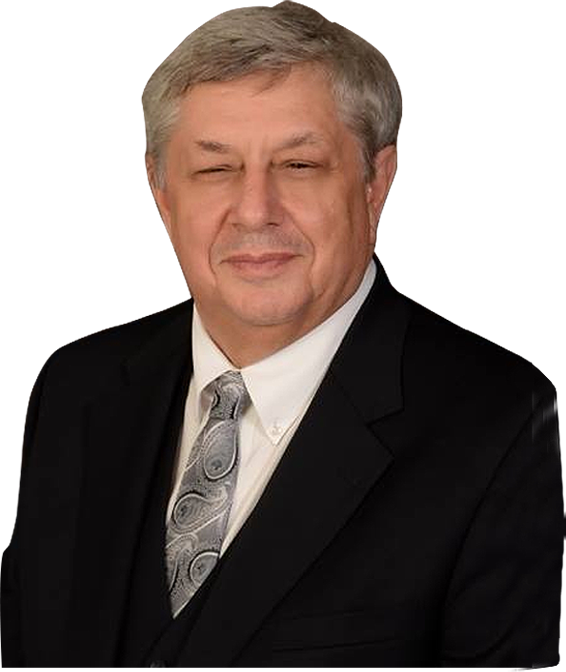Good Samaritan Laws protect individuals from legal liability when assisting someone in medical or physical distress. In Ohio, the Good Samaritan Law was revised in 2016 to include protection for those responding to a drug overdose. This law provides immunity to those for minor drug possession if they seek emergency help for themselves or someone else during a drug overdose.
It’s important to note that legally, this immunity can only be used twice, and those on parole or probation are not eligible. If you have questions about the Good Samaritan Law or are being charged with a drug crime after reporting an overdose, call our firm today for assistance at 330-296-8000.
When Does the Good Samaritan Law Apply?
The Good Samaritan Law applies to drug charges if the person has a small amount of drugs on them. Typically, amounts considered a misdemeanor or fifth-degree felony are acceptable under the Good Samaritan Law. Emergency services must be called to get immunity, and medical help must be sought for the overdose.
You cannot be prosecuted if:
- Law enforcement found the drugs as the result of providing medical assistance for a drug overdose
- The person in question has a drug test and receives a referral for drug treatment within 30 days
- The person provides documentation verifying the date and time of this drug test
The immunity is limited to controlled substances only. However, the law may be expanded later to include drug paraphernalia. If the person who overdosed fails to seek treatment, they can be prosecuted later.
How Can I Help Overdose Victims?
Finding a loved one who overdosed on drugs can be very frightening. First, it’s essential to call emergency services right away and ask for medical assistance. If you are worried about the Good Samaritan Law or are unsure it applies to your situation, simply say, “Someone is not breathing, and I need help.” The operator on the line can answer questions about the Good Samaritan Law and also talk you through assisting your loved one if they are in distress. They may direct you to administer first aid or CPR and place your loved one in the recovery position.
Even if you have administered Narcan, also called naloxone, to an overdose victim, it can wear off, and they can start overdosing again. It is essential to seek medical assistance when someone is non-responsive. Similarly, if you do not call 911 or seek medical assistance, you will not be qualified for immunity under the Good Samaritan Law.
When Should I Call Medical Personnel?
If you find a loved one in distress who is not breathing or unresponsive, you must call emergency services immediately. The operator on the line will ask questions about your situation and assist you in providing first aid until help arrives. Try to find the drugs that your loved one has taken so you can let medical personnel know. Medical staff or paramedics may be able to help your loved one faster if they know what drugs they took.
After calling medical personnel and assisting your loved one, follow up with a qualified attorney. Ohio’s Good Samaritan Law has many caveats, and it’s possible that a prosecutor could press charges against you or your loved one illegally. Fortunately, with an experienced legal team, you can rest assured that your rights are protected and that your immunity, if you qualify, is intact.
How Can an Attorney Help Me?
Good Samaritan Laws were implemented to protect individuals who help others in medical distress. However, Ohio’s Good Samaritan Law only protects individuals from minor drug charges. You could still be charged with a crime if you were found with drug paraphernalia or possessing large amounts of drugs. Similarly, if your loved one does not seek drug treatment or take a drug test within 30 days, you could be charged, even if you assisted them by calling for emergency services.
At Weisenburger Law Offices, LLC, we believe that anyone who helps a person in distress deserves to avoid prosecution. Don’t hesitate to reach out if you are fighting charges or attempting to get immunity under the Good Samaritan Law. Our team will review your case and provide the best legal path forward. Call us today at 330-296-8000 to learn more.






